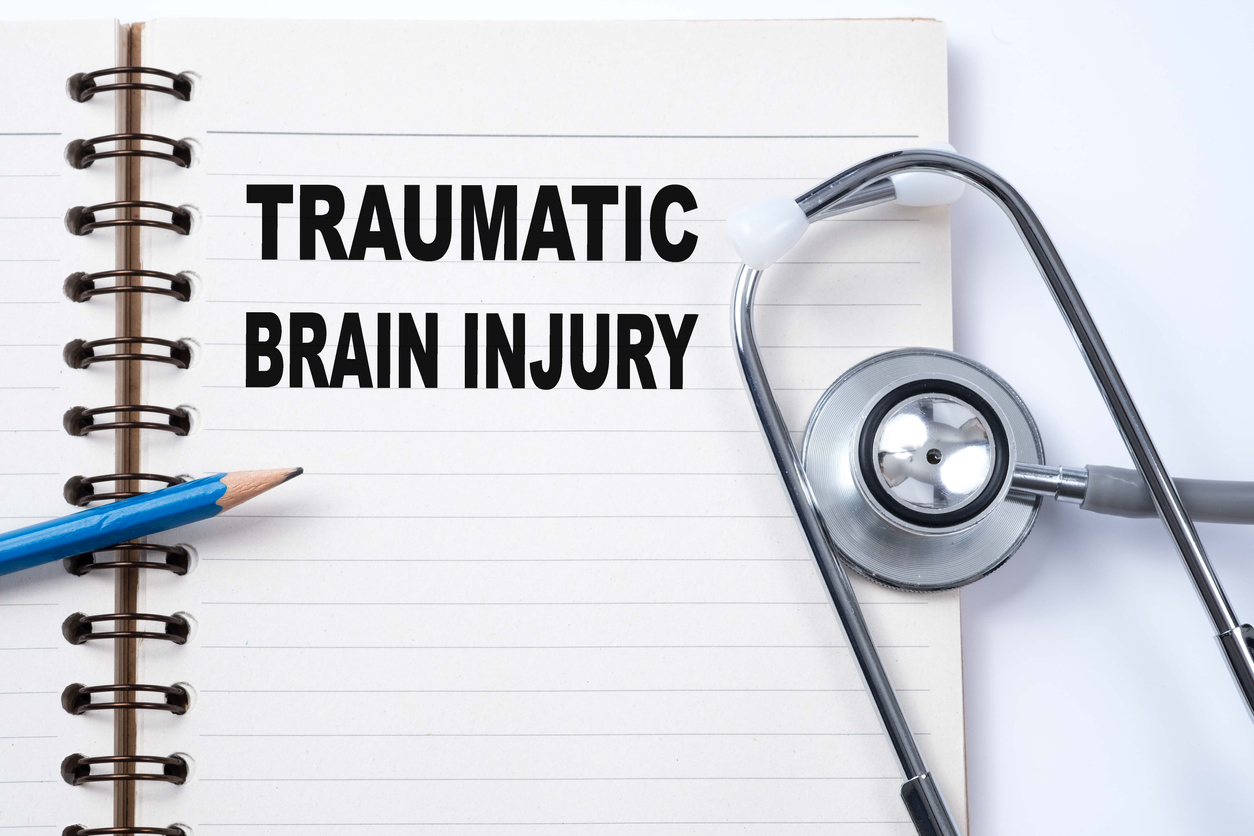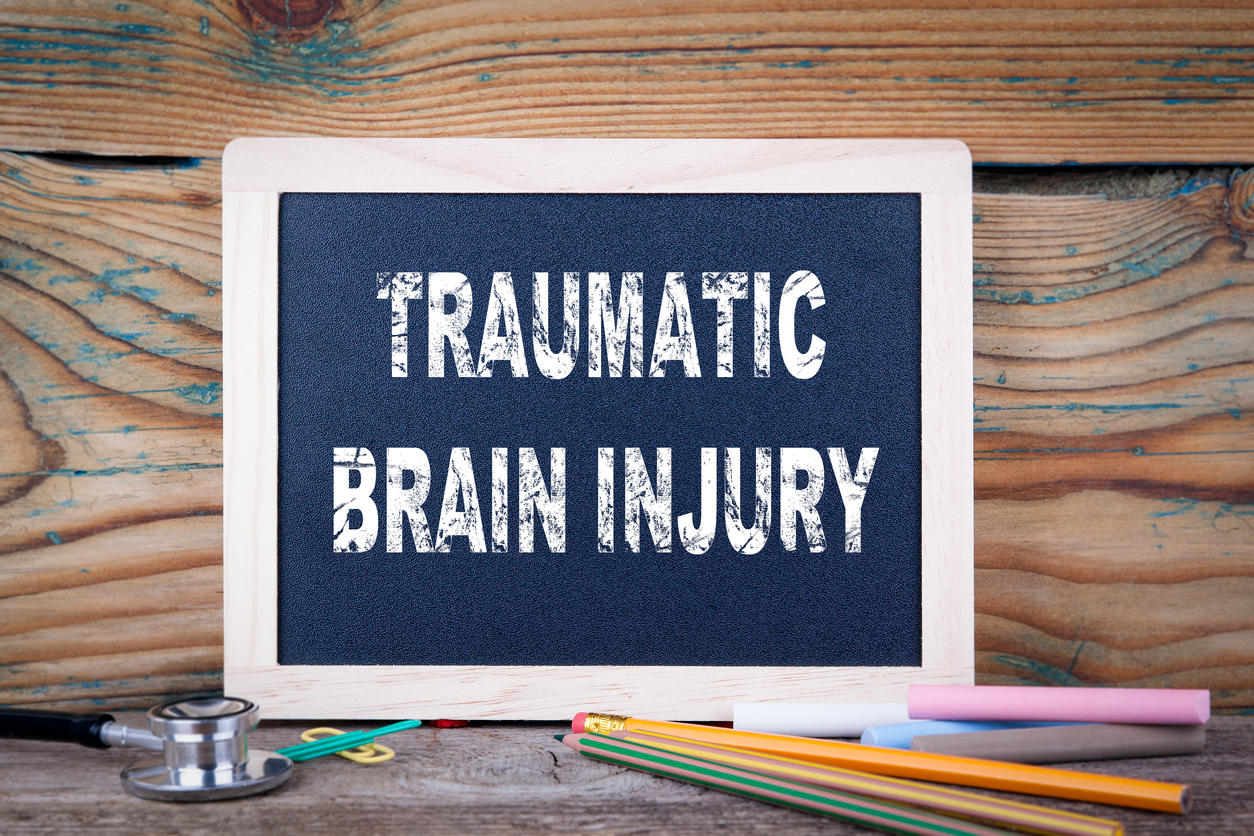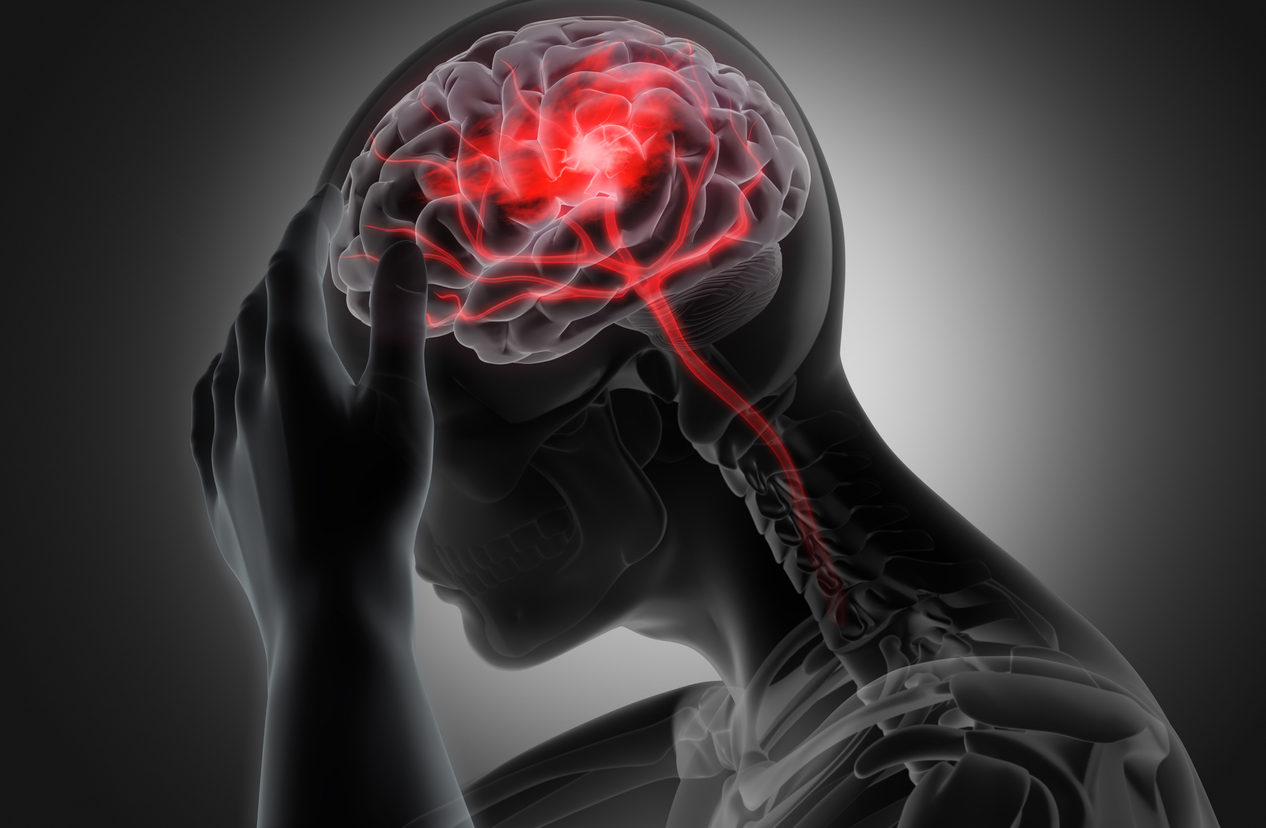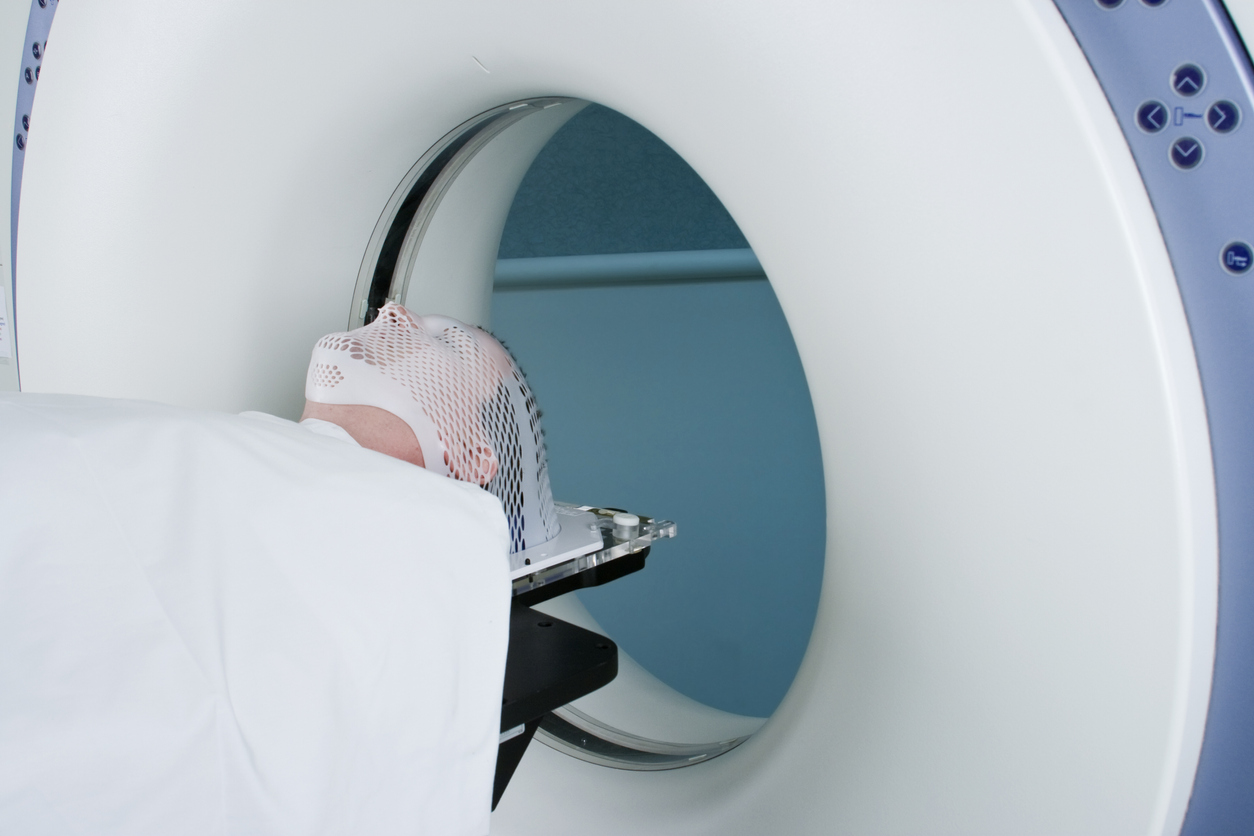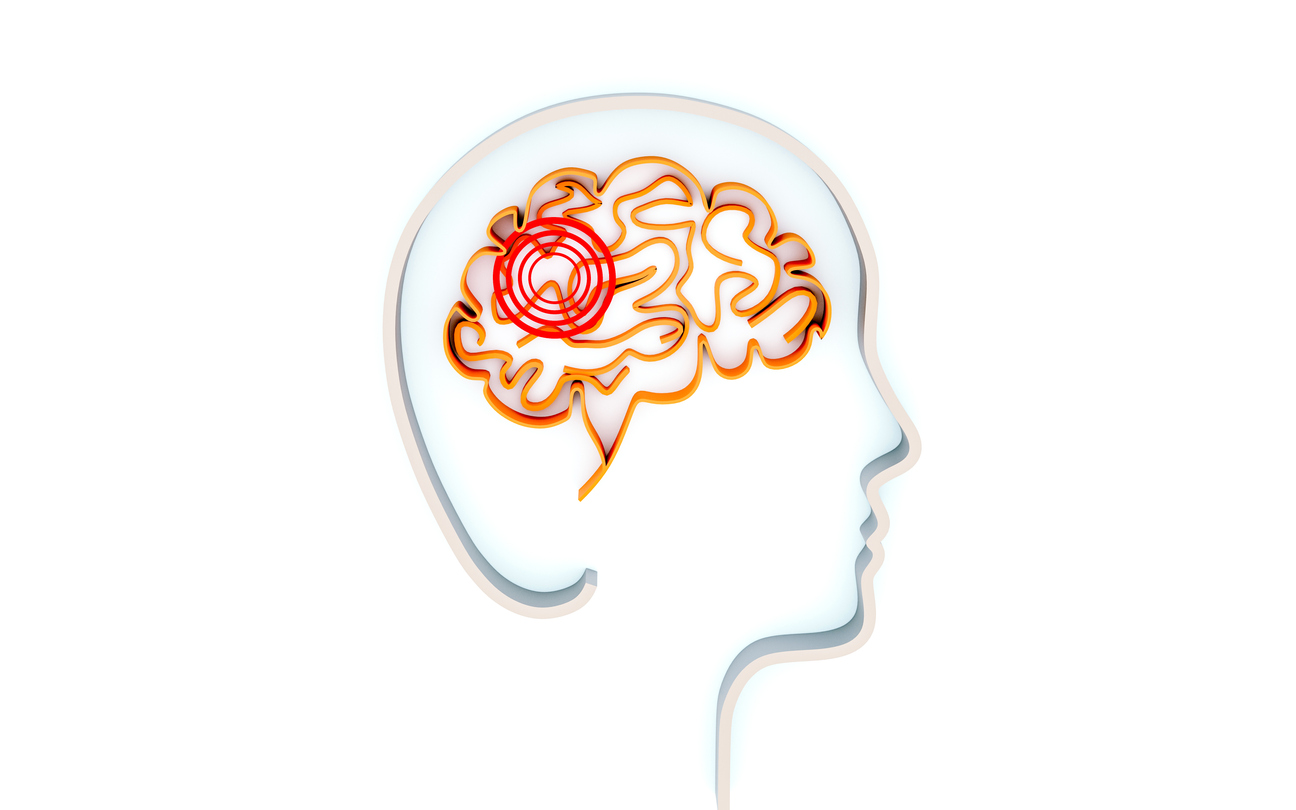Pain
What Is a Traumatic Brain Injury?
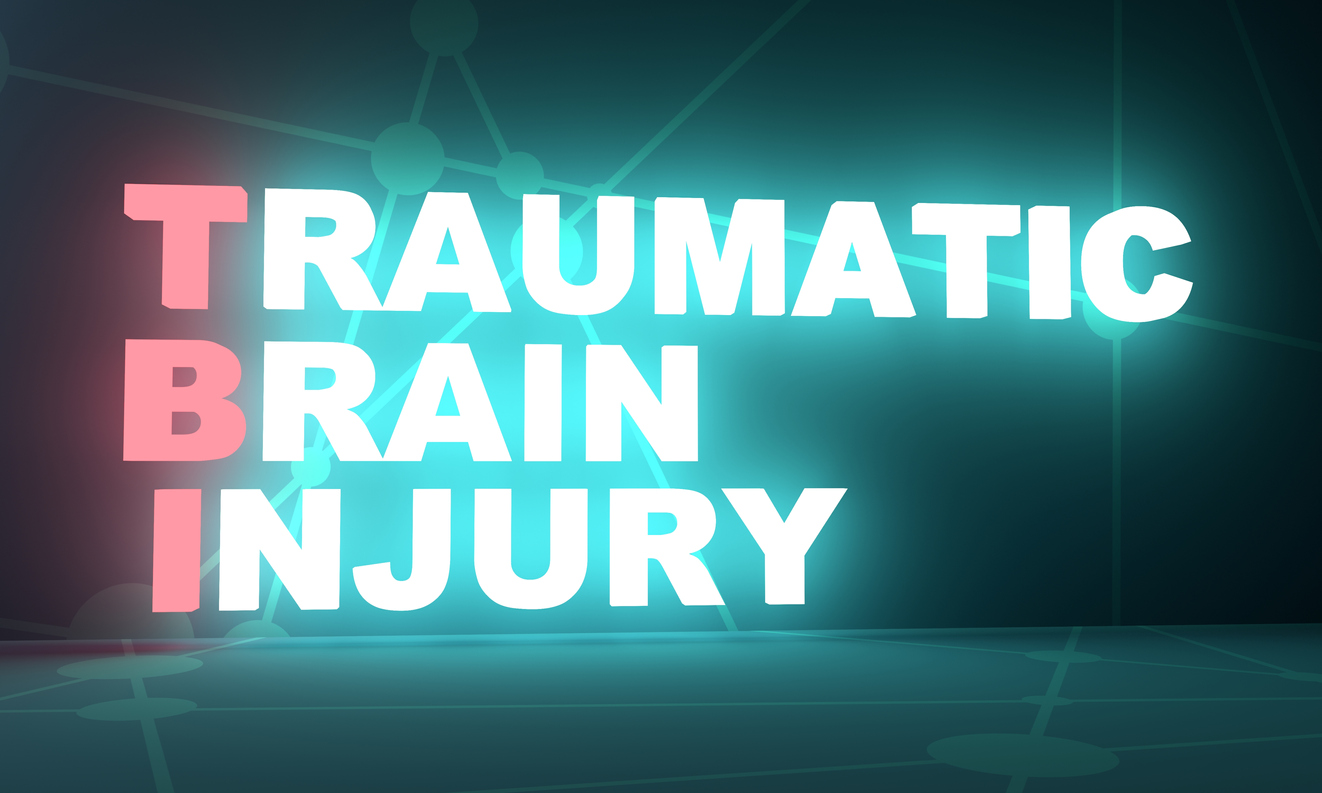
A traumatic brain injury (TBI) is a type of brain damage that occurs as a result of an injury to the head. This type of injury may be non-penetrative, such as a blow to the head, or penetrative, such as a gunshot wound. The severity of a TBI depends on various factors, and the lasting effects can range from a few days to permanent brain damage or, in severe cases, death. A concussion is the most common type of traumatic brain injury.
Symptoms
Traumatic brain injuries yield different symptoms depending on the severity. Symptoms may appear immediately or days or weeks later and can include both physical and psychological effects. A dazed feeling, loss of consciousness, or a coma may be experienced.
Mild TBI symptoms
A mild TBI might present symptoms that include the following:
Physical symptoms
- Speech problems
- Dizziness
- Headache
- Nausea or vomiting
- Fatigue or drowsiness
- Difficulty writing
Sensory symptoms
- Light or sound sensitivity
- Blurred vision
- Bad taste in the mouth
- Loss of consciousness (from a few seconds to a few minutes)
- Ringing in the ears
- Change in smell
Cognitive, behavioral or mental symptoms
- Mood changes
- Difficulty sleeping
- Memory or concentration issues
- Oversleeping
- Depression
- Anxiety
- Dazed, confused or disoriented, even without loss of consciousness
- Issues with learning, reasoning or judgment
- Difficulty multitasking, problem-solving, or organizing
- Difficulty planning, beginning or completing tasks
Moderate-to-severe TBI symptoms
A moderate to severe traumatic brain injury may result in symptoms including the following:
Physical symptoms
- Loss of consciousness from several minutes to hours
- Repeated vomiting or nausea
- Inability to awaken from sleep
- Loss of coordination
- Convulsions or seizures
- Persistent or worsening headache
- Weakness or numbness in the fingers or toes
- Clear fluids draining from nose or ears
- Dilation of one or both pupils
- Coma
- Slurred speech
Cognitive or mental symptoms
- Profound confusion
- Agitation, combativeness, or other unusual behavior
Symptoms in infants, children, or those unable to communicate
Infants, young children, and those who are unable to communicate sensory issues may show certain behavioral symptoms after experiencing a TBI. They include, but are not limited to, the following:
- Drowsiness
- Unusual irritability
- Change in sleep habits
- Change in eating or nursing habits
- Seizures
- Persistent crying or the inability to be consoled
- Loss of interest in favorite toys or activities
- Change in attention span
- Depression
- Vomiting
- Loss of a skill, such as toilet training
- Unsteady walking
It is important to note that “mild,” “moderate” and “severe” only refer to the effect of the traumatic brain injury on brain function. Even a mild TBI requires immediate medical attention. If any symptoms are experienced or observed, seek emergency medical care.
Causes
A traumatic brain injury is the result of a hard hit or jolt that affects the brain cells. The brain may change the way that it uses chemicals and energy in order to compensate for the damage from the injury. These changes cause the symptoms. Some of the most common causes of TBI include, but are not limited to, the following:
- Vehicle collisions
- Falls
- Violence, such as gunshots wounds, domestic violence or abuse, shaken baby syndrome, etc.
- Sports injuries
- Explosion or combat injuries
Risk Factors
Although anyone is at risk for a TBI, 80% of cases occur in males. Men are also at an increased possibility of being hospitalized, and almost three times more likely to experience death as a result from TBI. Traumatic brain injuries also occur more frequently in individuals above age 65 due to the tendency to lose their balance, fall, and hit their head. Risk for TBI increases for those involved in certain activities and professions, such as the following:
- Athletes
- Military members
- Law enforcement
- Construction workers
